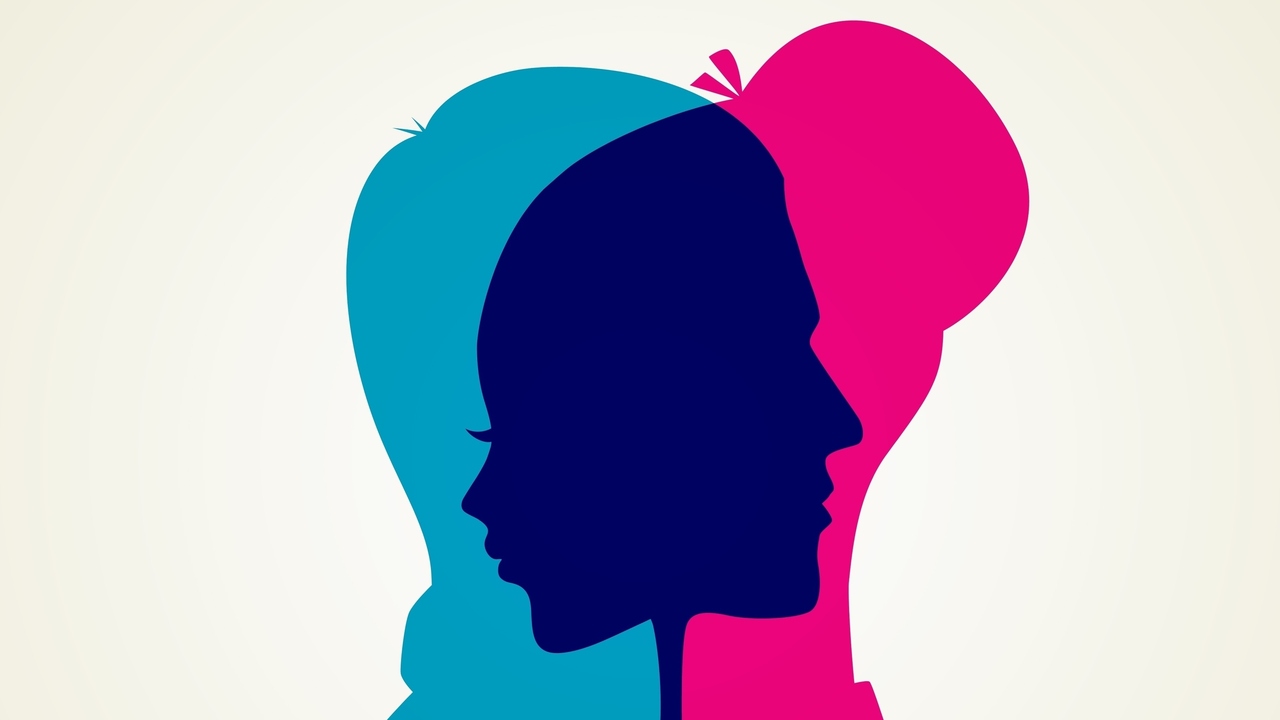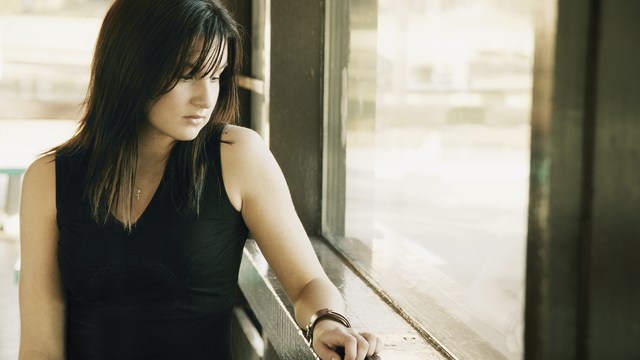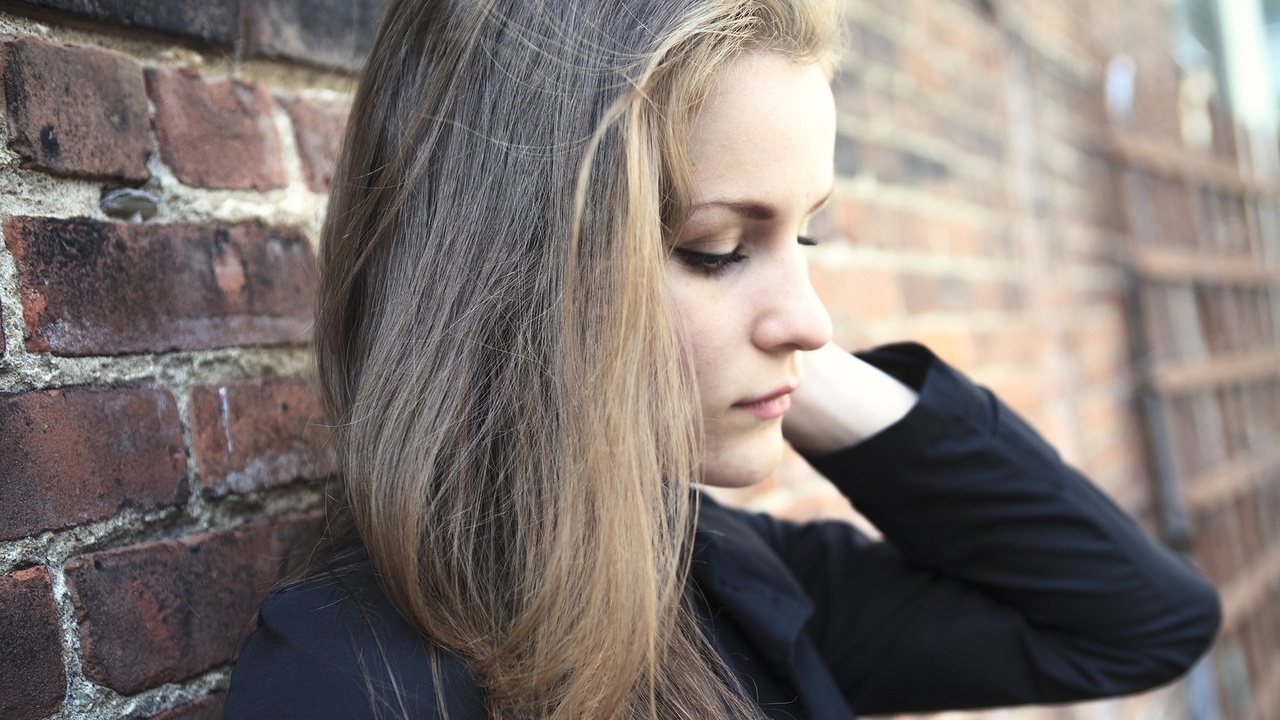 Popova Anastasiya/PhotoSpin
Popova Anastasiya/PhotoSpin
If you are a woman with bipolar disorder, you may have already encountered some of the differences in how the condition affects men and women.
Bipolar disorder, also known as manic-depressive disease, is a condition that causes excessive shifts in mood, energy and activity levels that affect everyday life. BP is believed to be equally common in men and women.
Differences between men and women with bipolar disorder can be seen starting with the process of getting a diagnosis.
Health Magazine reported that women with bipolar disorder have approximately three times the risk of being misdiagnosed as men with BP experience .
This may be due to the confusing combinations of symptoms and typical differences in the way the disease presents in men and women.
The same situation arises when someone has a heart attack. The most common symptoms first reported by women and men don’t always match up.
So a doctor who is looking for typically male symptoms may misdiagnose BP as something else in a female patient.
In general, men with bipolar disorder first present with symptoms of mania. Women more often show symptoms of depression.
Bipolar disorder is generally categorized based on symptoms:
• Bipolar I Disorder is distinguished by manic or mixed episodes lasting at least seven days, or by severe manic symptoms that require hospital care. Depressive episodes typically last at least two weeks.
• Bipolar II Disorder follows a pattern of depressive and hypomanic episodes without full manic or mixed episodes.
• Rapid-cycling Bipolar Disorder is a severe type of bipolar that results in frequent cycling between symptoms including mania, depression, hypomania, or mixed within a given year. Women are more likely than men to have this type of bipolar disorder.
Research reported on the PsychCentral website shows that in a study of men and women with bipolar I disorder, women typically reported more symptoms of depression, while men showed more manic symptoms.
Other comparisons in the study showed that women are more likely to attempt suicide than men, and are more likely to have an eating disorder and a specific phobia. Women are also more likely to experience metabolic disorders.
According to the study, men are more likely to experience substance abuse than women. They are also more prone to neurologic conditions and cancer than the women in the study.
Hormones also play a significant role in the differences between men and women with bipolar disorder.
Some women note changes in their bipolar symptoms that correspond with or are connected to their monthly cycles. Research also suggests that women with bipolar disorder may experience more severe premenstrual syndrome (PMS) symptoms.
Treatment for bipolar disorder consists primarily of medications, which are the same for women and men. But some of the drugs used to treat bipolar disorder can have unwelcome side effects for women.
One such medication is valproic acid, which has been known to increase levels of the male hormone testosterone in teenage girls, and may lead to the development of polycystic ovary syndrome (PCOS) in women under 20 years of age.
Women who are under treatment for bipolar disorder will also need to make significant decisions about their treatment plan during pregnancy.
Some medications can harm a developing baby and may be passed to a nursing child through breast milk. But stopping medications can result in the return of bipolar symptoms during the pregnancy.
If you have questions about bipolar disorder or potential side effects of medications to treat bipolar disorder, talk to your health care provider.
Sources:
National Institute of Mental Health. Bipolar Disorder. Web. April 13, 2015.
http://www.nimh.nih.gov/health/topics/bipolar-disorder/index.shtml
WebMD. Women With Bipolar Disorder. Web. April 13, 2015.
http://www.webmd.com/bipolar-disorder/guide/bipolar-disorder-women
Health.com. Bipolar Disorder Is Different for Women. Web. April 13, 2015.
http://www.health.com/health/condition-article/0,,20274376,00.html
PsychCentral. In Bipolar, Women Lead Toward Depression, Men Toward Mania. Traci Pedersen. Web. April. 13, 2015.
http://psychcentral.com/news/2013/09/14/in-bipolar-women-lean-toward-dep...
Reviewed April 14, 2015
by Michele Blacksberg RN
Edited by Jody Smith




